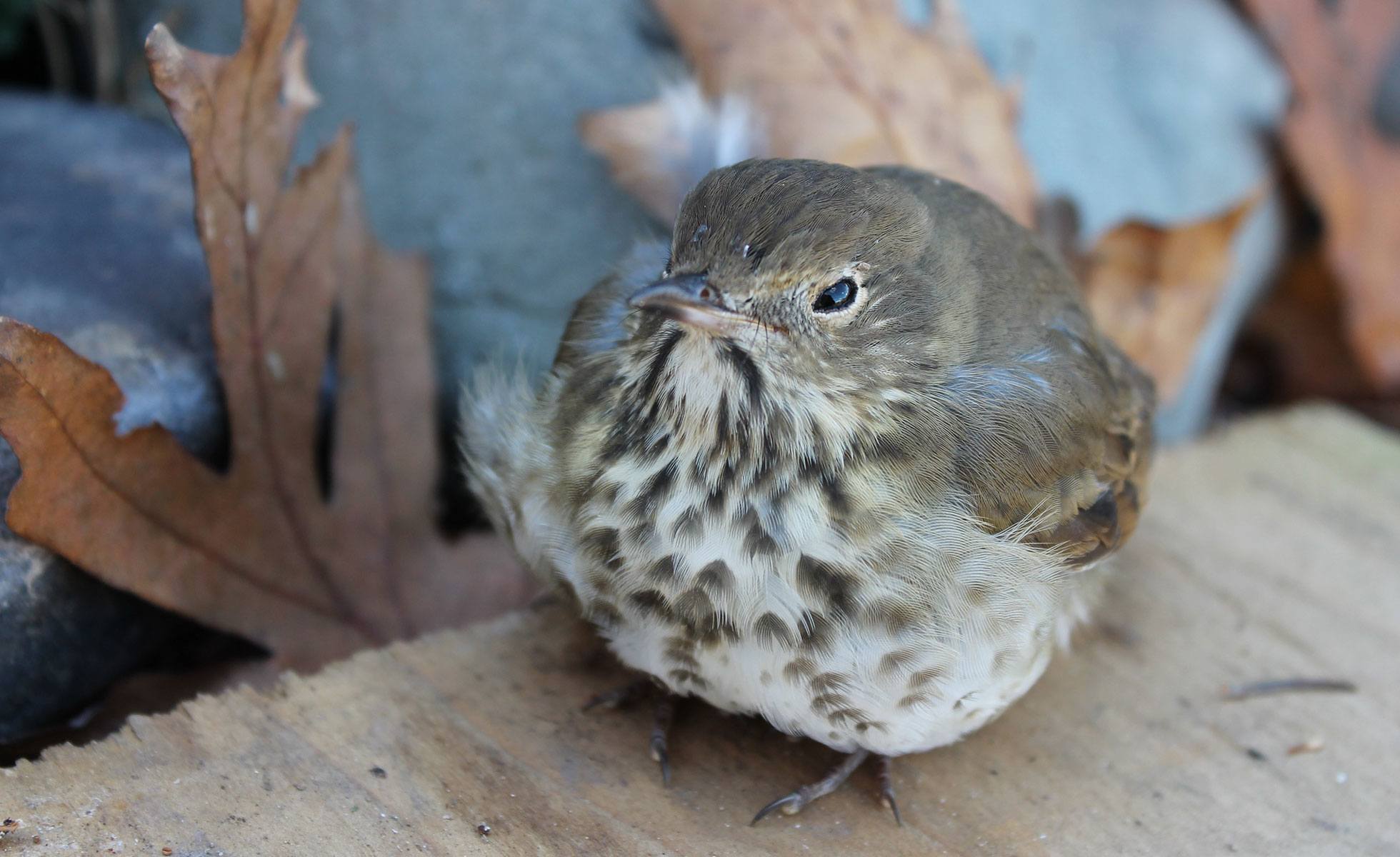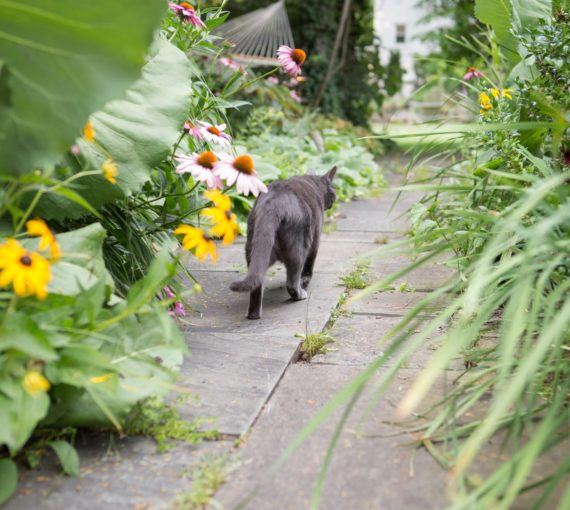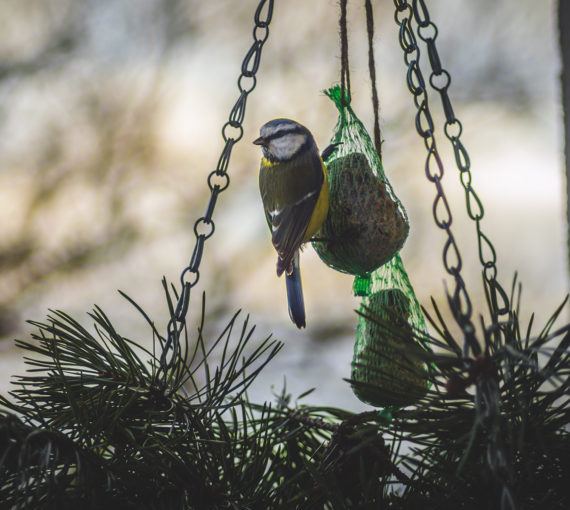
It is estimated that twenty-five million birds fatally collide with windows each year in Canada. (Photo: Bethany via Flickr)
Do you know what to do if you come across a sick, injured or orphaned wild animal?
Following a few simple guidelines, you can help keep the “wild” in wildlife.
If you find a…
Baby wild bird
Look up. Young fledglings (not naked but well-feathered) often fall from their nests when learning how to fly. Spending a day or two on the ground isn’t unusual. Leave the little bird alone. Its parents are probably keeping a lookout. If you suspect it’s in danger from prowling cats or speeding cars, put it back in the nest. Don’t worry. Unlike with mammal parents, your scent won’t bother mom and dad birds. Unsure if it’s orphaned? Call your local wildlife rehabilitation centre.
Wild animal
Don’t pet it, talk to it or try to capture it. That creates more stress. Call the closest wildlife rehabilitation facility. Their trained staff will tell you exactly what to do and can provide humane care. About 80 per cent of the time, wild animals turned in have been hurt by human activity, such as collisions with cars or power lines, or encounters with cats and dogs. Never handle a wild animal if it puts your safety at risk.
Prevent injuries from…
Your cat
Nature Canada estimates that 140 million birds and small animals are killed each year by domestic cats. Many pet owners keep their cats indoors for this reason. Outfitting Fluffy with a bell is one option, but it rarely works. Keep cats indoors during sensitive times like bird-breeding season. Maybe build a “catio” — an outdoor cat enclosure.
Note: Consider volunteering for a wildlife rescue or rehabilitation facility.
Your home or office windows
Windows are deadly for birds.
It’s estimated that 100 million to one billion migrating birds die from collisions with buildings in North America. Twenty-five million birds fatally collide with windows each year in Canada.
Birds can’t see glass. And they fly so fast, any collision is usually fatal.
Simple changes can prevent these deaths:
- Close blinds and curtains
- Move indoor plants away from windows
- Hang old CDs, aluminum pie plates or chimes to break up expanses of exposed glass
- Plant a shade tree to cut down reflection
- Dim or turn off lights, especially during spring and fall migration
- Install special screens to cushion impact
Learn more about what to do if a bird strikes your window and how to report it here: Fatal Light Awareness Program.
Your bird feeder and bath
Bird feeders and baths can provide wild birds with important calories and water. Just don’t put them in front of windows! Place feeders and bird baths at least a half-metre away from glass surfaces. Also learn how to attract birds with natural, biodegradable, pesticide-free nesting materials.



